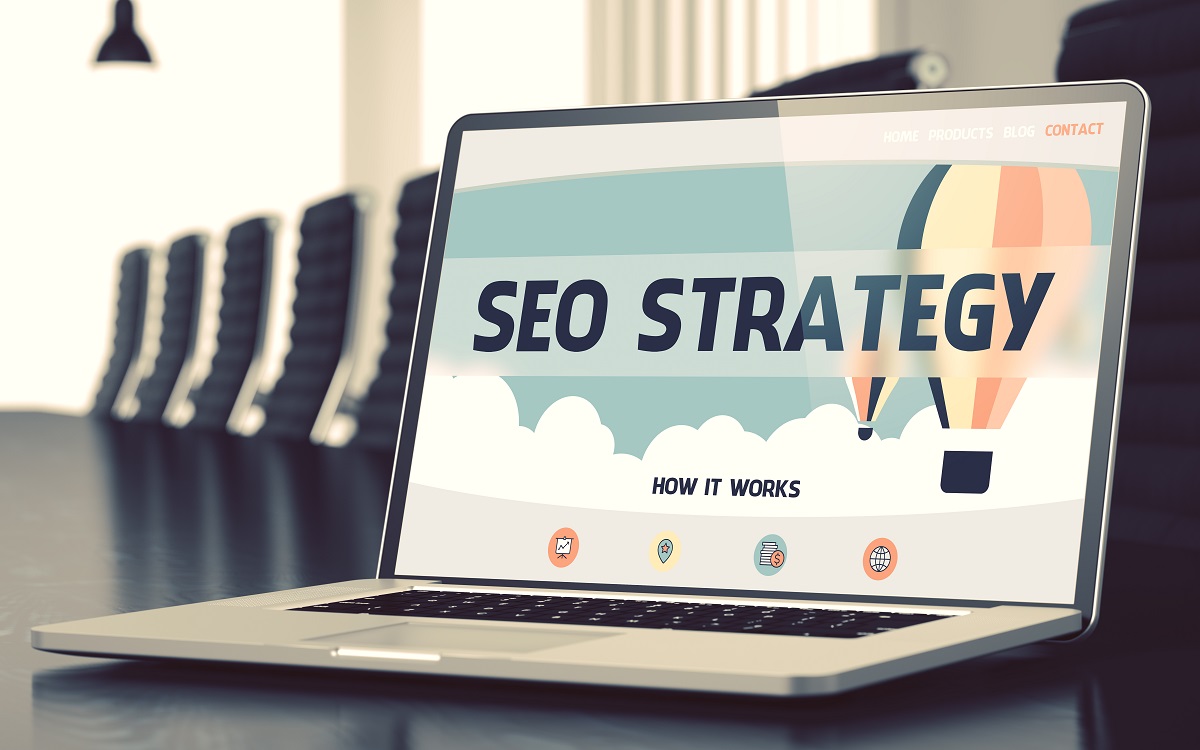The modern, digital age requires an effective SEO campaign for businesses looking to improve their online visibility and drive organic traffic to their websites. There are several key elements of successful SEO strategies, each contributing to the overall goal of higher search engine rankings and increased conversions. In this article, we’ll discuss some of these crucial components and provide actionable insights for their effective implementation.
Setting Clear Goals
The first step in any successful SEO campaign is to set clear, measurable goals. Using the SMART framework (Specific, Measurable, Attainable, Relevant, Timely), businesses can define objectives such as increasing website traffic, achieving specific search rankings, reducing bounce rates, or boosting conversions. For instance, an e-commerce site might set a goal to increase organic traffic by 20% over the next six months. By establishing clear targets, businesses focus their efforts and define parameters for measuring the success of the SEO strategies.
Keyword Research and Optimization
All SEO campaigns are built upon a foundation of keyword research. Identifying the right keywords requires an understanding of what potential customers are searching for and selecting terms that are relevant to the business. There are several tools like Google Keyword Planner, Ahrefs, and SEMRush that can help in discovering high-volume keywords. However, a focus on both short-tail and long-tail keywords is required. Short-tail keywords are broader and more competitive, while long-tail keywords are more specific and often less competitive, so they’re better for targeting niche markets.
Understanding the user intent behind each search query is also important. Think about whether users are looking for information, to make a purchase, or simply comparing options. By matching your keywords with user intent, businesses can create content that meets the needs of their audience and improves engagement.
High-Quality Content Creation
The phrase “Content is King” remains true in the realm of SEO. High-quality content plays a huge role in attracting visitors and keeping them on your site. Effective content should answer audience questions, be easy to read, and incorporate multimedia elements like images and videos to break up chunks of text. Google’s E-E-A-T guidelines (Expertise, Experience, Authoritativeness, and Trustworthiness) spotlight how important it is to create content that is both informative and reliable.
When developing content, make sure to optimize it with relevant keywords in titles, headers, and body text. Additionally, providing valuable insights, actionable tips, and answering common queries can keep readers engaged and encourage them to spend more time on your site, demonstrating your content’s value to search engines.
On-Page SEO Optimization
On-page SEO involves optimizing individual web pages to rank higher and earn more relevant traffic in search engines. Key elements include title tags, meta descriptions, headers, and internal linking. Title tags and meta descriptions should be compelling and include primary keywords to improve click-through rates from search engine results pages (SERPs).
Headers (H1, H2, H3) should be used to structure content, making it easier for search engines and users to understand the structure and flow of information. Internal linking distributes link equity across pages and guides visitors to related content, which goes a long way in improving site navigation and user experience. Additionally, optimizing images with alt text and ensuring URLs are clean and descriptive contribute to better on-page SEO.
Backlink Building
Backlinks are links from other websites that point to your site, and they play a large role in SEO strategies. High-quality backlinks from authoritative sites demonstrate that your content is valuable and trustworthy to search engines. Strategies for backlink building include guest blogging, creating shareable infographics, conducting original research, and reaching out to industry influencers.
A healthy backlink profile boosts search engine rankings while driving significant amounts of referral traffic. Monitor your backlink profile using tools like Ahrefs or Moz regularly to ensure your backlinks are relevant and high-quality.
Technical SEO
Technical SEO focuses on your website’s infrastructure, making sure it meets the technical requirements of modern search engines. Key aspects include site architecture, page load speeds, mobile responsiveness, and structured data markup. A well-structured site with a clear hierarchy and sitemap helps search engines crawl and index your content more efficiently.
Improving page load speeds enhances user experience and reduces bounce rates. Tools like Google PageSpeed Insights can help identify areas for improvement. Additionally, mobile-friendliness is important since many users access the web via their mobile devices. Implementing structured data markup (Schema) can also help search engines understand your content better and provide rich snippets in SERPs.
Off-Page SEO
Off-page SEO refers to actions taken outside of your own website to impact your rankings within SERPs. This includes things like sharing on social media, influencer marketing, and online review management. Engaging with your audience on social media platforms can drive traffic and increase brand visibility. Collaborating with influencers in your industry can also expand your reach and generate high-quality backlinks.
Tracking and Measuring Success
Tracking and analyzing your SEO campaign’s performance is essential to keep improving it. Key performance indicators (KPIs) to look at include organic traffic, search rankings, conversion rates, and bounce rates. Tools like Google Analytics and Search Console provide valuable insights into your site’s performance and where it needs to be adjusted.
Regularly reviewing and adjusting your SEO strategies based on data keeps your efforts aligned with your goals and responsive to changes in the competitive landscape.
The Impact of Successful SEO Strategies
A successful SEO campaign is a varied endeavor that requires careful planning, execution, and continuous optimization. By setting clear goals, conducting thorough keyword research, creating high-quality content, optimizing on-page elements, building a strong backlink profile, addressing technical SEO issues, and engaging in off-page SEO activities, businesses can boost their online presence so they can achieve sustainable growth. Regularly tracking and measuring the success of your efforts keeps your SEO strategies effective and in line with your business objectives.





